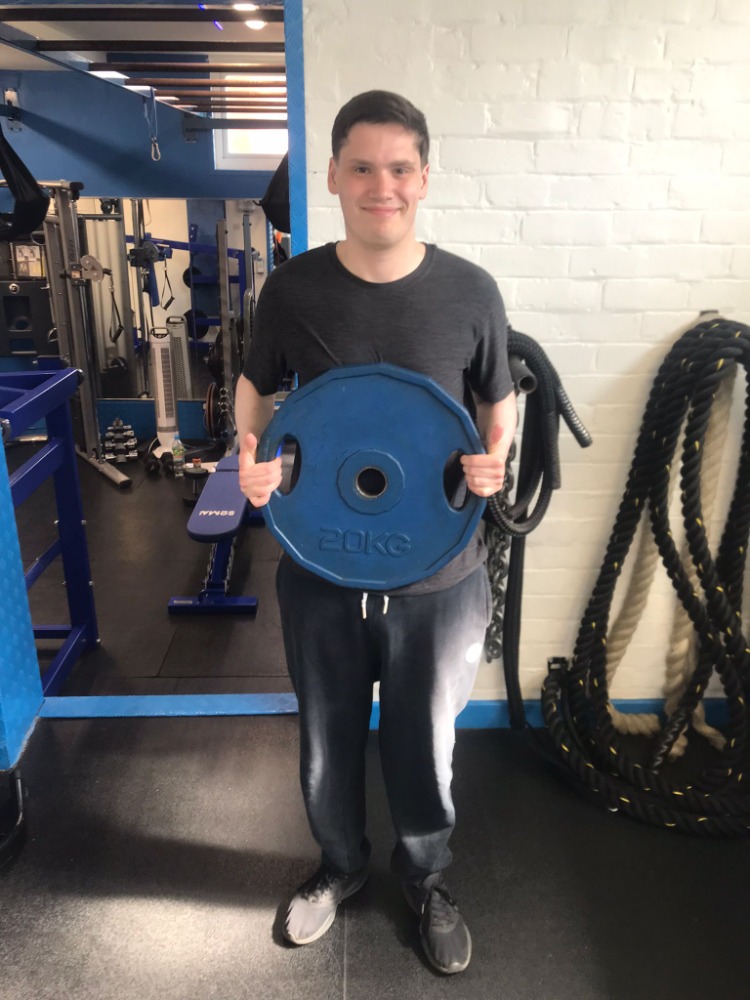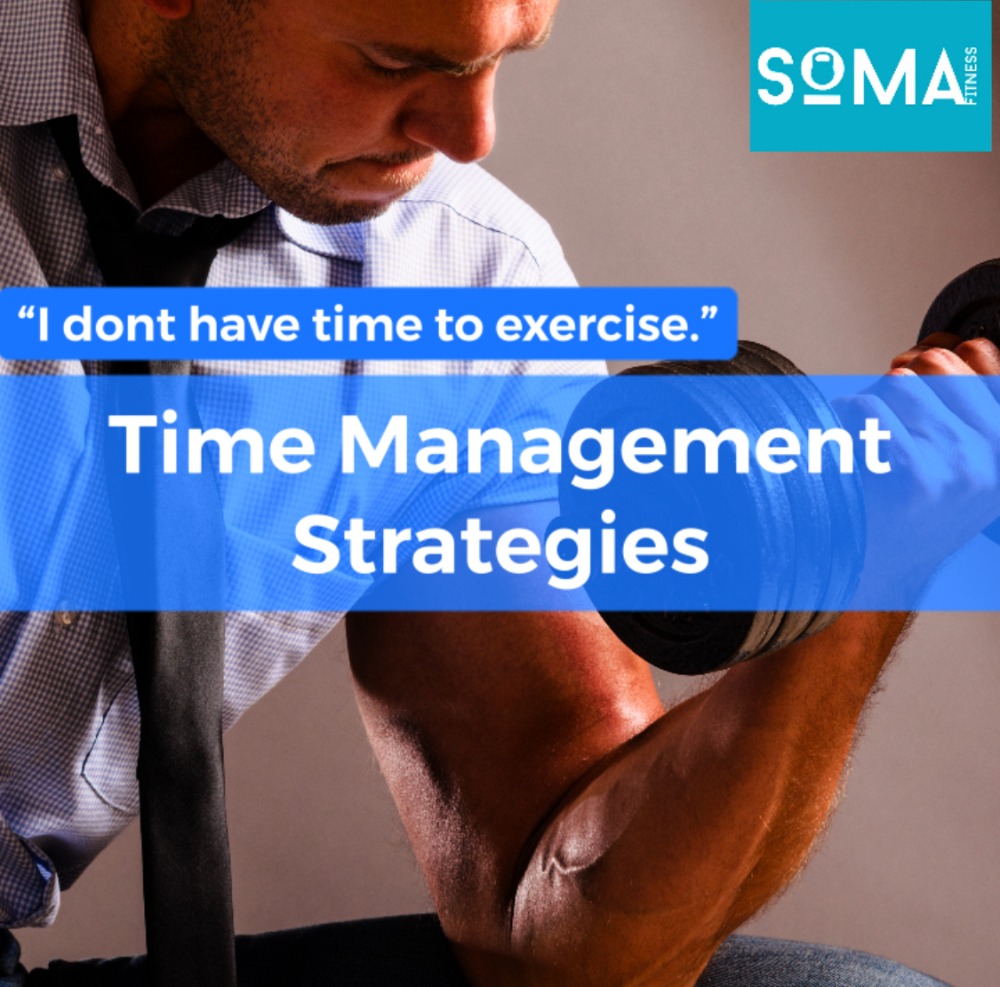
Many individuals dedicate themselves to rigorous training routines, putting in countless hours at the gym and pushing their bodies to the limit. However, despite their commitment to fitness, some people struggle to adhere to proper nutrition and lifestyle choices outside of the gym. If this is you please take a few minutes to read this article, where we will dive into this and shed light on how these choices can greatly hinder your progress. We’ll address the importance of a well-rounded approach that combines exercise, nutrition, and lifestyle habits for optimal results. Additionally, we’ll provide adherence tips and insights to help individuals stay on track and communicate effectively with their coaches.
You Can’t Out-Train a Bad Diet:
When it comes to fitness and body composition, nutrition plays a pivotal role. No matter how intense your workouts are, if the calories you consume exceed the calories you burn, progress will be limited. The key to success lies in finding the right balance between energy intake and expenditure and consistently adhering to it.
Building Muscle and Protein Consumption:
Consuming an adequate amount of protein is essential for muscle growth and repair. Unfortunately, individuals who struggle with adhering to their nutrition plans often neglect their protein intake. Protein provides the necessary building blocks for muscle tissue, and without sufficient protein, muscle gains can be compromised.
Recommendation: It is generally recommended to consume around 0.8-1 gram of protein per pound of body weight for individuals engaged in regular resistance training. Adjustments may be needed based on individual factors and goals.
Alcohol’s Impact on Muscle Building:
Excessive alcohol consumption can sabotage muscle growth and body fat reduction. When alcohol is metabolised, it takes precedence over other macronutrients, impairing protein synthesis. Moreover, alcohol interferes with testosterone production, a crucial hormone for muscle building and maintenance.
Scientific Research: Several studies have shown that alcohol consumption can decrease testosterone levels in men. For example, a study published in the Journal of Clinical Endocrinology & Metabolism found that acute alcohol intake significantly lowered testosterone levels in men.
Alcohol’s Effects on Sleep:
Quality sleep is vital for recovery and overall well-being. Unfortunately, alcohol disrupts sleep patterns, leading to fragmented and less restorative sleep. Poor sleep negatively affects muscle repair, cognitive function, and hormone regulation and you are more likely to crave high calorie foods after a poor nights sleep.
Alcohol’s Impact on the Gut:
Alcohol can harm the gut microbiome, the complex ecosystem of microorganisms that play a crucial role in digestion, nutrient absorption, and overall health. Excessive alcohol consumption can disrupt the balance of beneficial bacteria, leading to digestive issues and impaired nutrient absorption which further needs to deficiencies which can cause individual’s to develop cravings.
Adherence Tips:
a. Communicate with Your Coach: If you find it challenging to adhere to your nutritional program, communicate openly with your coach. Discuss your struggles, preferences, and potential barriers. They can help tailor the plan to make it more manageable and realistic for you.
b. Plan Ahead: Prepare your meals and snacks in advance to avoid impulsive food choices. Having nutritious options readily available makes it easier to stick to your plan.
c. Set Realistic Goals: Make sure your weight loss goals align with your readiness to make lifestyle changes. Losing weight requires actions beyond the gym, such as dietary adjustments and healthier habits. Be honest with yourself and your coach about your commitment level.
Calculating the Caloric Impact of Daily Wine Consumption:
Let’s assume a large glass of wine contains approximately 180 calories. If you consume one large glass of wine every evening with dinner, that adds up to 1,260 calories per week (180 calories x 7 days).
Considering that there are approximately 3,500 calories in a pound of body fat, consuming an extra 1,260 calories per week from wine alone could result in gaining approximately 2 lbs of of fat in a one month and 24 lbs of Fat in one year.
To burn that off each week to burn 1,260 calories, you would have to run an extra 12.6 miles:
1,260 calories / 100 calories per mile = 12.6 miles.
This shows that small habits that many individuals assume that may not have an impact can hinder progression, as Personal Trainers we try and dial in and leverage on all of small details that we can use to our advantage to help our clients succeed.
While dedicating oneself to intense training is commendable, it is crucial to recognise that exercise alone is not enough to achieve optimal results. Nutrition and lifestyle choices play a significant role in shaping our fitness and body composition goals. By understanding the importance of a balanced diet, sufficient protein intake, and the detrimental effects of excessive alcohol consumption, individuals can maximise their efforts both inside and outside the gym. Follow the adherence tips provided to overcome challenges, communicate effectively with your coach, and make lasting progress toward your fitness goals.











Recent Comments